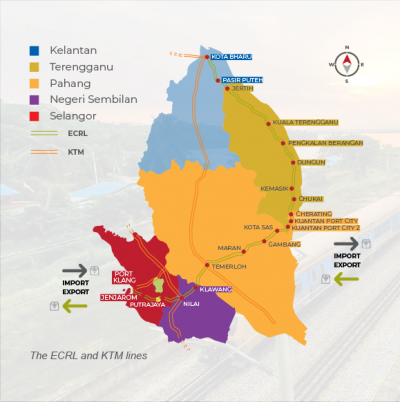This site
is mobile
responsive
Transport
The transport services sub-sector encompasses a diverse range of components, including maritime transport, aviation, and the construction and maintenance of highways.
Malaysia is committed to offering safe, reliable, affordable, and sustainable transport services. Establishing an excellent transport system is crucial for the nation’s path to becoming a high-income country.
Malaysia’s National Transport Policy 2019-2030 (NTP) demonstrates this commitment, charting strategies for economic competitiveness, social inclusivity, accessibility, and environmental preservation. The NTP aims to strengthen transport infrastructure and ensure sustainable development.

Total Approved Investments
in 2024
Domestic Investments RM4.07 bil (48%)
Foreign Investments RM4.37 bil (52%)

Approved Projects
in 2024
For more statistics, please click here.

Create a conducive
transport ecosystem

Facilitate seamless
movement

Provide mobility
that meet people’s
needs

Increase modal
share for public
transport

Deliver an
intelligent, safe and
secure system

Ensure sustainable
use of resources
Source: National Transport Policy, 2019-2030

The East Coast Rail Link (ECRL), a 665-kilometre railway connecting Malaysia’s East and West Coasts, is a significant national infrastructure project. This “land bridge” between Port Klang and Kuantan Port is expected to boost international trade, provide an alternative maritime route for cargo and passengers, and reduce travel time between Kota Bharu and Putrajaya to about four hours.
The ECRL will connect with various rail services, such as ERL, MRT2, and KTMB, and is expected to drive Economic Accelerator Projects (EAPs). MIDA has a dedicated team overseeing EAP implementation, engaging with stakeholders including State Governments, Ministries, Agencies, business chambers, and developers.